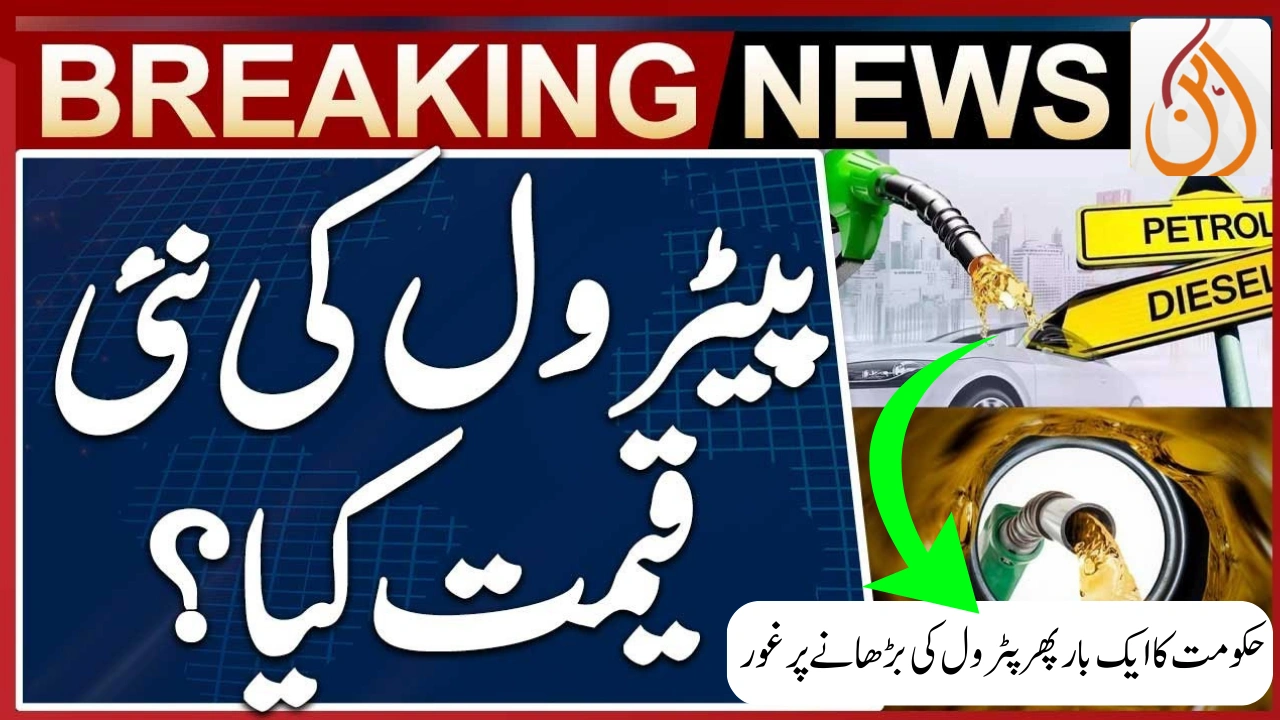Govt Raises Petrol Prices Again – Pakistan Sees Unprecedented Fuel Rate Hike
The Government of Pakistan has announced another increase in petroleum product prices, with High-Speed Diesel facing the sharpest rise. The latest notification confirms that fuel rates are effective from 16 September 2025, bringing a heavy impact on transporters, industries, and the general public.
Why Petrol and Diesel Prices Are Rising in Pakistan
The rise in international crude oil prices and currency fluctuations continue to pressure Pakistan’s economy. Diesel, widely used in transport and agriculture, has seen the steepest increase, which may push inflation further and raise the cost of goods across the country.
For consumers, the unchanged petrol rate comes as a small relief, but higher diesel costs will likely impact daily essentials, freight, and public transport fares.
Latest Petroleum Prices in Pakistan (Effective 16 September 2025)
| Fuel Type | Old Price (PKR) | New Price (PKR) | Difference (PKR) |
|---|---|---|---|
| Petrol Super | 264.61 | 264.61 | 0.00 |
| High Speed Diesel | 269.99 | 272.77 | +2.78 |
| Light Speed Diesel | 159.76 | 159.76 | 0.00 |
| Kerosene Oil | 176.81 | 176.81 | 0.00 |
According to the update, Petrol remains unchanged at Rs. 264.61 per liter, while High-Speed Diesel has been increased to Rs. 272.77 per liter, marking a Rs. 2.78 hike. Kerosene oil and Light Speed Diesel remain stable at Rs. 176.81 and Rs. 159.76 per liter, respectively.
How This Fuel Hike Will Affect the Public
The increase in diesel prices will directly affect:
-
Transport Sector: Higher fares for buses, trucks, and goods carriers.
-
Agriculture: Increased cost of machinery operation and crop production.
-
Inflation: A rise in food and essential item prices due to higher logistics costs.
While petrol users have avoided an immediate hike, the indirect impact of costly diesel is expected to burden households and businesses across Pakistan.
Conclusion
The Govt’s latest fuel price hike is another challenge for citizens already coping with rising living costs. Although petrol remains stable, the rise in diesel prices will ripple through the economy, pushing inflation upward.
People are advised to plan travel and expenses accordingly, as fuel adjustments are likely to continue in the coming months depending on global oil trends.












